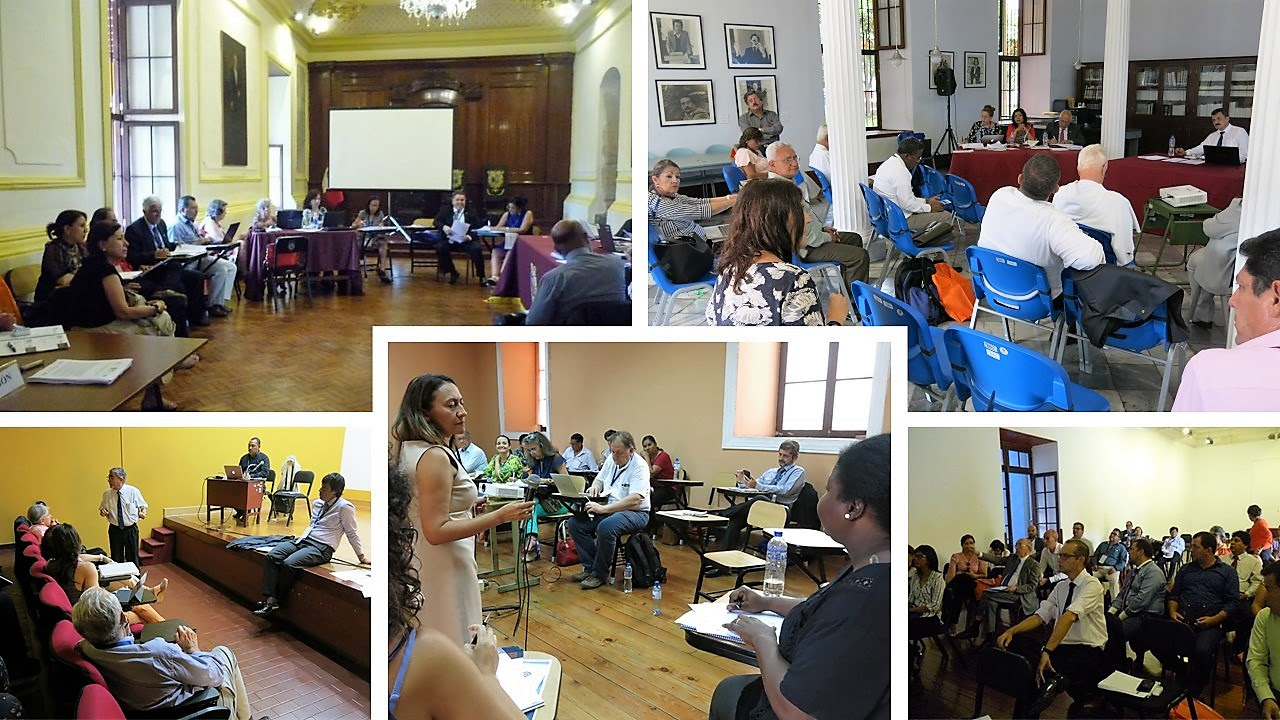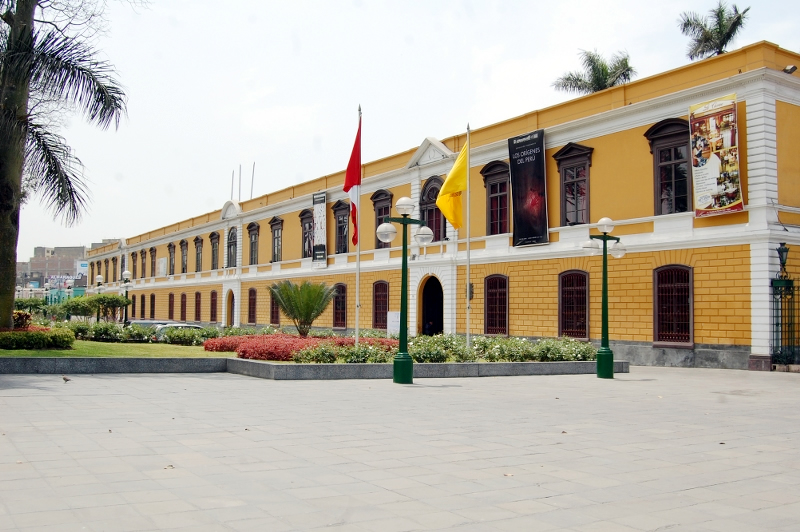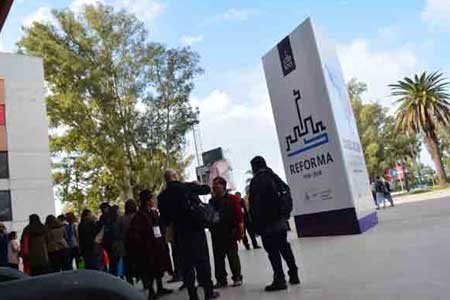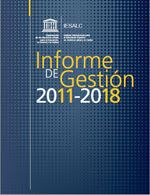LAC contributes towards building the World Convention for the recognition of studies


For forty years UNESCO has promoted the dialogue among nations for the creation of regional agreements to recognize studies, degrees and diplomas in higher education. The common objective has been to harmonize and guarantee fair and nondiscriminatory recognition procedures between the Member States in order to facilitate greater academic mobility both for students and professionals.
With the view of updating these agreements to the current times, UNESCO set out an agenda to review and update the proposals for first generation regional agreements to adapt them to the main challenges facing higher education in the 21st century. These improvements implied the consideration of the right to education as a human right and as a cultural and scientific heritage, and the preservation and strengthening of cultural identity and diversity of the countries while respecting the specific nature of their educational systems. It also considers the promotion of lifelong learning; the democratization of education; and the need for educational policies that foster structural, economic, technological and social change, among others.
The revised documents, known as second-generation conventions, emphasize the need to include provisions to improve the reliability and quality of regional qualifications frameworks, and accreditation and quality assurance mechanisms. They also assume the need for greater transparency of educational systems through provisions for the exchange of information and the implementation of networks, while maintaining the prerogative of national authorities for academic recognition decisions, under the respective national laws.
To date, three Regional Conventions have been adopted: Europe (Lisbon Convention, 1997), Asia and the Pacific (Tokyo Convention, 2011) and Africa (Addis Convention, 2014). UNESCO is about to finalize the Convention on recognition in the Arab States and leads the preparation of the future World Convention on the Recognition of Higher Education Qualifications, which will be presented at the 40th UNESCO General Conference for adoption, in November 2019.
In the case of Latin America and the Caribbean, and since 2015, UNESCO-IESALC – in full exercise of its Secretariat’s role – led the process of review of the Regional Convention for the Recognition of Studies, Degrees and Diplomas of Higher Education (Mexico City, 1974). Such effort meant the establishment of a working group composed of experts and representatives from the region responsible for analyzing each section of the aforementioned instrument. Intergovernmental consultation meetings were also organized for the exchange of ideas among the Member States on the benefits and obstacles for its implementation. The New Convention, which will be submitted for approval at the International Conference of States to be held from July 11 to 13, 2019 in Buenos Aires, Argentina, will contribute to the promotion of cooperation and internationalization of HE in Latin America and the Caribbean.
RELATED ITEMS





